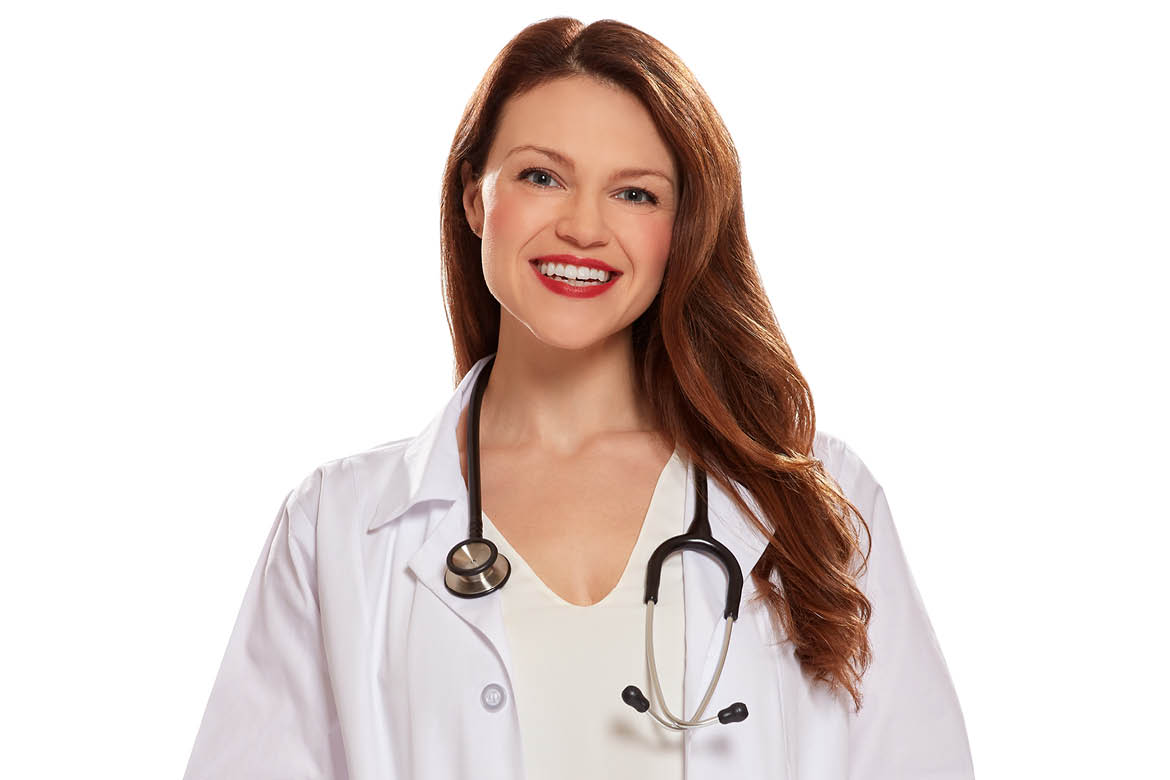The AMA “Members Move Medicine” series profiles a wide variety of doctors, offering a glimpse into the passions of women and men navigating new courses in American medicine.
On the move with: Caitlin M. Farrell, DO, MPH, who is a family medicine resident at McGaw Medical Center of Northwestern University in Chicago.
AMA member since: 2013.
What inspired me to pursue a career in medicine: My parents. From a young age, I was instilled with the values of service, advocacy, and humanitarianism. My mother works as a grammar school social worker, and my father served as my hometown’s attorney for many years. Through their examples, I developed a passion for public service and policy. In truth, I always thought that I would become an attorney myself. However, I decided to become a physician after my father’s battle with cancer. After my interaction with the health care system and the physicians caring for my father, I knew that I wanted to pursue a career in medicine. Health care has been the ideal combination of my greatest passions: public service and policy.
How I move medicine: By identifying inequities in health care delivery, and using this to fuel my passion for health care policy. As a resident practicing in an urban underserved setting, I advocate for the unique issues that affect my patients. Whenever I can, I write resolutions for the AMA to change policy. I pick up the phone and call my legislators on critical issues. I move medicine outside the walls of my clinical practice into a greater sphere. And I never stop fighting for my patients and community.
Career highlights: I have been honored to participate in so many unique experiences so far in my career. During my MPH, I worked in the Massachusetts Department of Public Health Department of Quality and Safety. I have researched the impact of combining primary care with substance use treatment, and I helped to implement a program in my medical school where students are immersed in a hospice home in order to experience end of life care. I am thrilled to now serve within the AMA-RFS and as a member of COLA, and I look forward to continuing my service in the AMA throughout my career.
Advice I’d give to those interested in pursuing a career in medicine: Whatever your passion is, follow it. Medicine is a broad career, and it requires enthusiasm from diverse individuals in order to strengthen it. Do not let your fear step in the way of your dreams. It is easy to fall into the trap of thinking that everyone else is more suited to be a physician than you are, but the truth is, we have all doubted our abilities at one point in our careers. Medicine requires commitment, strength, and passion. Follow that passion, and it will lead you to a rewarding lifelong career in medicine.
How I give back to the community: I believe that as physicians, advocacy is a responsibility of our profession, and I take that responsibility very seriously. I also believe that as physicians, we are bound by our oaths to not only provide excellent patient care, but to invest in the system in which we practice. I advocate for my patients through organizations such as the AMA with debate and policy reform, while representing the concerns of my patients to politicians on both the national and local level. But I also advocate within the medical community itself, by engaging in dialogue with other physicians, hospital administrators and multidisciplinary medical leaders, so that the needs of our patients can be understood across specialties and occupations.
Aspect of my work that means the most: I am most moved by working to improve the system of health care delivery to individual patients. Working with communities that are often marginalized and underrepresented in medicine, I see firsthand how health inequity affects individual lives. I witness patient safety events, limitation of access, and misunderstanding of the system. What means the most to me is when I can take these events and use them to create change so that the system can be improved for other patients.
My hope for the future of medicine: My hope for the future of medicine is that healthcare becomes truly equitable. That health outcomes are not dictated by access, financial status, race or zip code, but that medicine instead is driven solely by innovation and delivery. I hope that we develop a system in which social determinants of health are treated in concert with medical conditions. And that we as physicians can truly work with our patients to help them achieve their optimal state of health.
Visit MembershipMovesMedicine.com to learn more about other AMA members who are relentlessly moving medicine through advocacy, education, patient care and practice innovation, and join or renew today.




